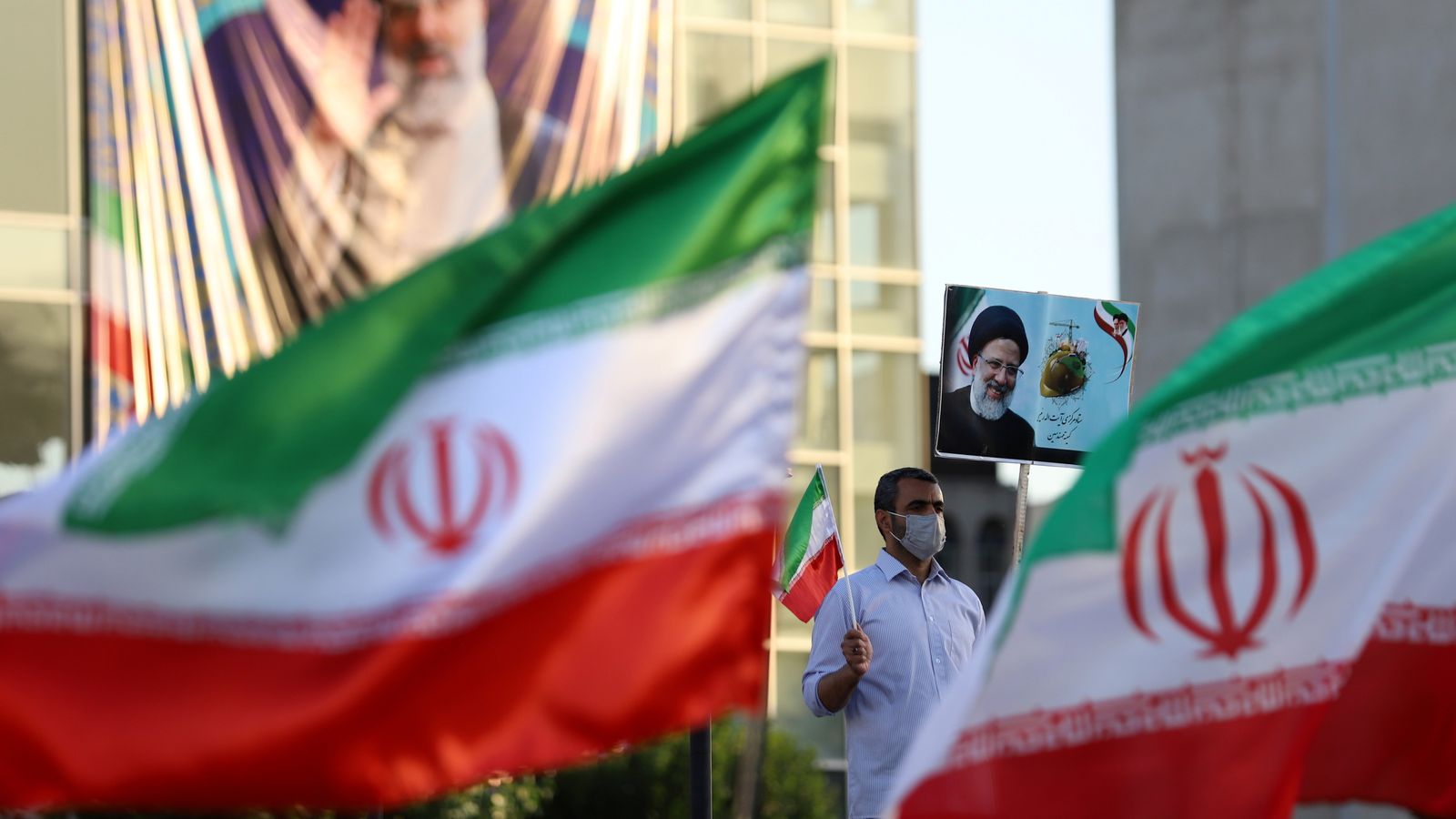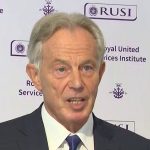Iran is set to choose a new president in a contest that many expect to be won by a judge fiercely loyal to the religious establishment.
Here is everything you need to know about the contest.
Who is the current president?
President Hassan Rouhani has been in power since 2013 and has come to the end of his two terms in office.
A centrist, he was a key figure in the 2015 negotiation of a nuclear deal with the West – he has subsequently been blamed for its failure and the absence of promised economic benefits.
After the initial euphoria of hope on his election, Rouhani has become deeply unpopular as he’s failed to deliver on promises and Iranians have seen living conditions significantly worsen.
What powers do they have?
Iran combines unelected religious leadership with democratic power.
The most powerful man in Iran, and it always is a man, is the Supreme Leader, the country’s spiritual leader and also its most senior political and legal figure.
The current Supreme Leader is Ayatollah Ali Khamenei, and the 82-year-old has held the position since 1989.
He has the final say on matters of foreign policy and national importance and appoints figures to key positions – he also has his own powerful military, the Revolutionary Guard.
The president is theoretically the second-most powerful man, although a number of unelected bodies curtail his freedom. He is responsible for economic policy, day-to-day running of government and chairs the National Security Council.
Who is standing this time?
Of 592 people who applied to run for president, just seven were approved by the powerful Guardian Council, a body of legal experts appointed by the Supreme Leader.
Five of the seven approved candidates are conservatives and the remaining two are relatively unheard of within Iran.
The Guardian Council has blocked centrist reformists from running, worried about the possible influence they might have if required to choose a successor to Ayatollah Khamenei in the next four years.
As a result of the narrow field, many younger voters might boycott the election – turnout could be as low as 30%.
How fair are the elections?
Critics would argue that the election has already been rigged up to a point, with the exclusion of popular centrist candidates. If turnout is as low as anticipated, it will raise further questions about the legitimacy of the eventual victor.
Who is likely to win?
The hardline ally of Ayatollah Khamenei, Ebrahim Raisi, is the current favourite. As head of the judiciary, he has a brutal human rights track record having overseen years of clampdowns on dissenters within Iran.
It is rumoured he rarely leaves the country for fear of arrest over the execution of as many as 5,000 political prisoners in 1988.
What will the new leader mean for the West?
One of the first tasks for the new leader will be to negotiate a new nuclear deal with the West.
Hardliners have opposed a nuclear rapprochement with the West, believing instead that Iran should be allowed to develop a nuclear capability as a deterrent to regional enemies such as Saudi Arabia and Israel.
Don’t rule out a new nuclear deal. Iran desperately needs sanctions relief and the Supreme Leader ultimately approved the 2015 deal – but Raisi, if he does win, is unlikely to be as receptive as his predecessor Rouhani.
When will we know the result?
Polls officially close at 9pm on Friday evening but might be extended because of COVID restrictions around voting.
Results are expected on Saturday but it could take up to three days before the outcome is clear. If a second round is needed, that will take place on 25 June.






















